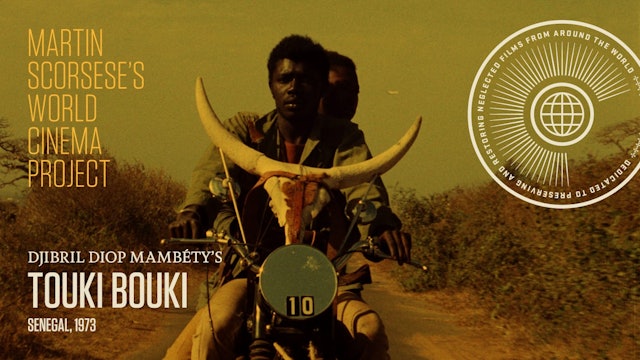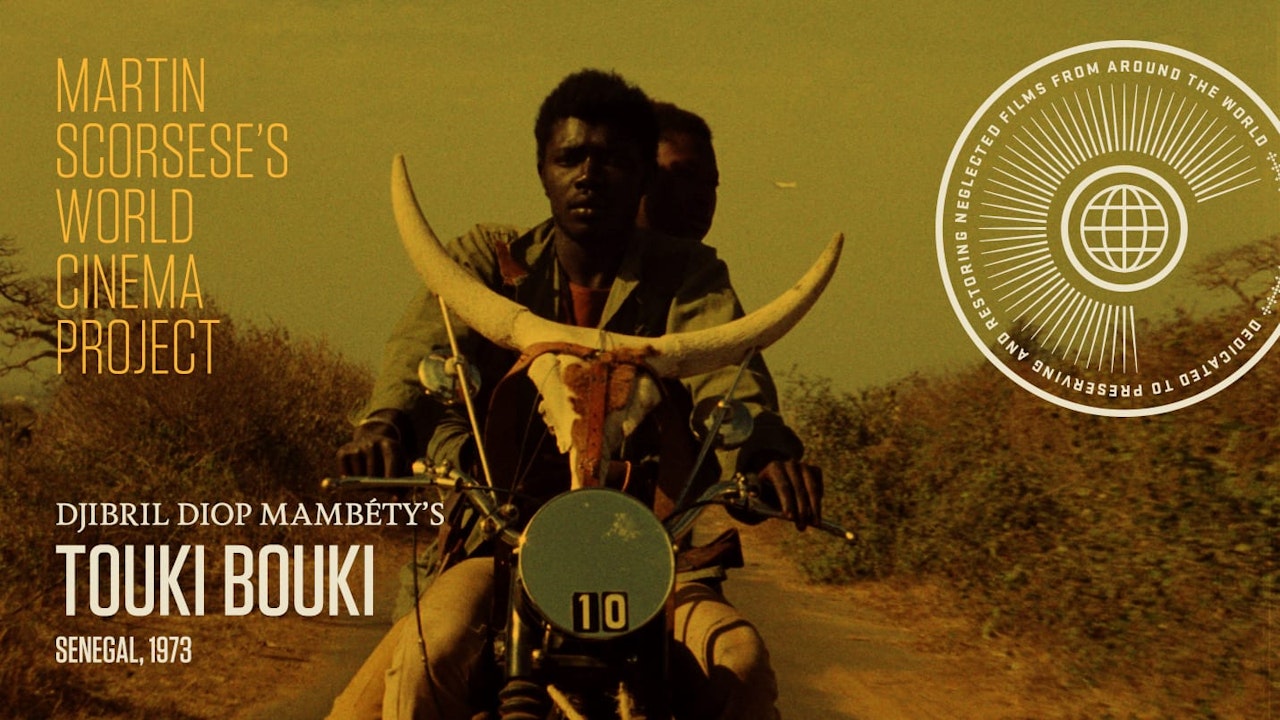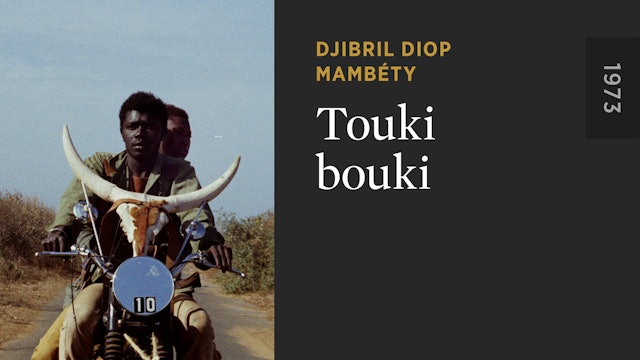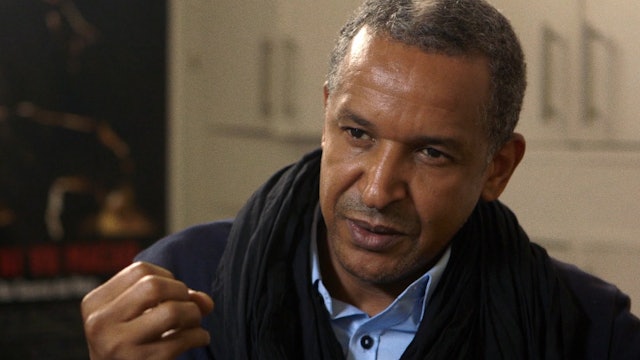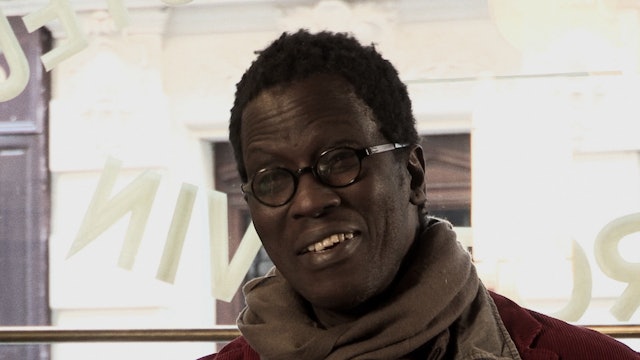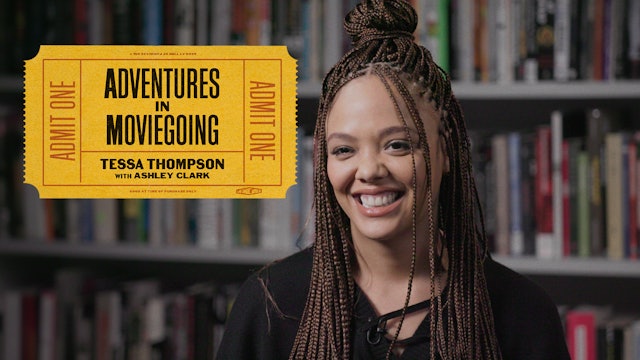Touki bouki
Martin Scorsese’s World Cinema Project
Directed by Djibril Diop Mambéty • Senegal • 1973
Starring Magaye Niang, Mareme Niang, Aminata Fall
With a stunning mix of the surreal and the naturalistic, Djibril Diop Mambéty paints a vivid, fractured portrait of Senegal in the early 1970s. In this French New Wave-influenced fantasy-drama, two young lovers long to leave Dakar for the glamour and comforts of France, but their escape plan is beset by complications both concrete and mystical. Characterized by dazzling imagery and music, the alternately manic and meditative TOUKI BOUKI is widely considered one of the most important African films ever made.
Restored in 2008 by the Cineteca di Bologna/L’Immagine Ritrovata laboratory, in association with The Film Foundation’s World Cinema Project and the family of Djibril Diop Mambéty. Restoration funded by Armani, Cartier, Qatar Airways, and Qatar Museum Authority.
-
Touki bouki
Directed by Djibril Diop Mambéty • 1973 • Senegal
Starring Magaye Niang, Mareme Niang, Aminata FallWith a stunning mix of the surreal and the naturalistic, Djibril Diop Mambéty paints a vivid, fractured portrait of Senegal in the early 1970s. In this French New Wave-influenced fantasy-drama, tw...
Extras
-
Martin Scorsese on TOUKI BOUKI
The following introduction to TOUKI BOUKI by filmmaker Martin Scorsese, founder of the World Cinema Project, was produced in 2013.
-
Abderrahmane Sissako on TOUKI BOUKI
In this 2013 interview, filmmaker Abderrahmane Sissako (WAITING FOR HAPPINESS) shares his appreciation for Djibril Diop Mambéty’s 1973 film TOUKI BOUKI.
-
Wasis Diop and Mati Diop on TOUKI BOUKI
The following conversation between musician Wasis Diop, brother of TOUKI BOUKI director Djibril Diop Mambéty, and filmmaker Mati Diop, Wasis’s daughter, was recorded in 2012.
-
Tessa Thompson on TOUKI BOUKI
-
Contras' City
Directed by Djibril Diop Mambéty • 1969 • Senegal
Djibril Diop Mambéty’s first short film is a tour of the city of Dakar and the postcolonial contrasts of its people, architecture, and culture.

